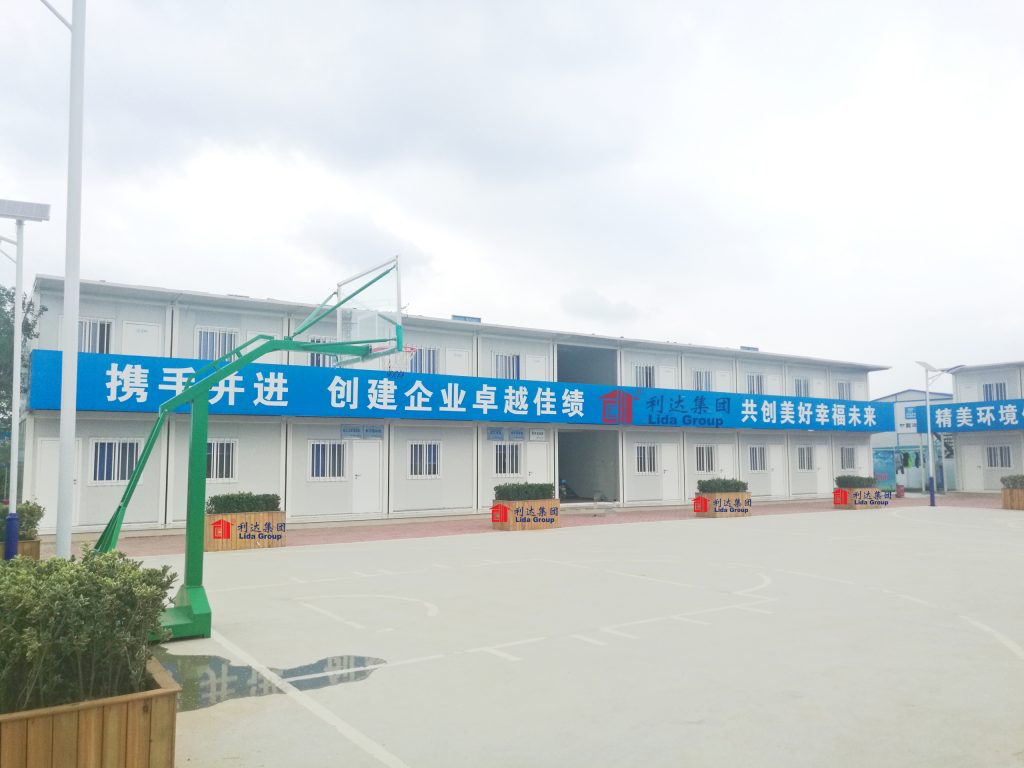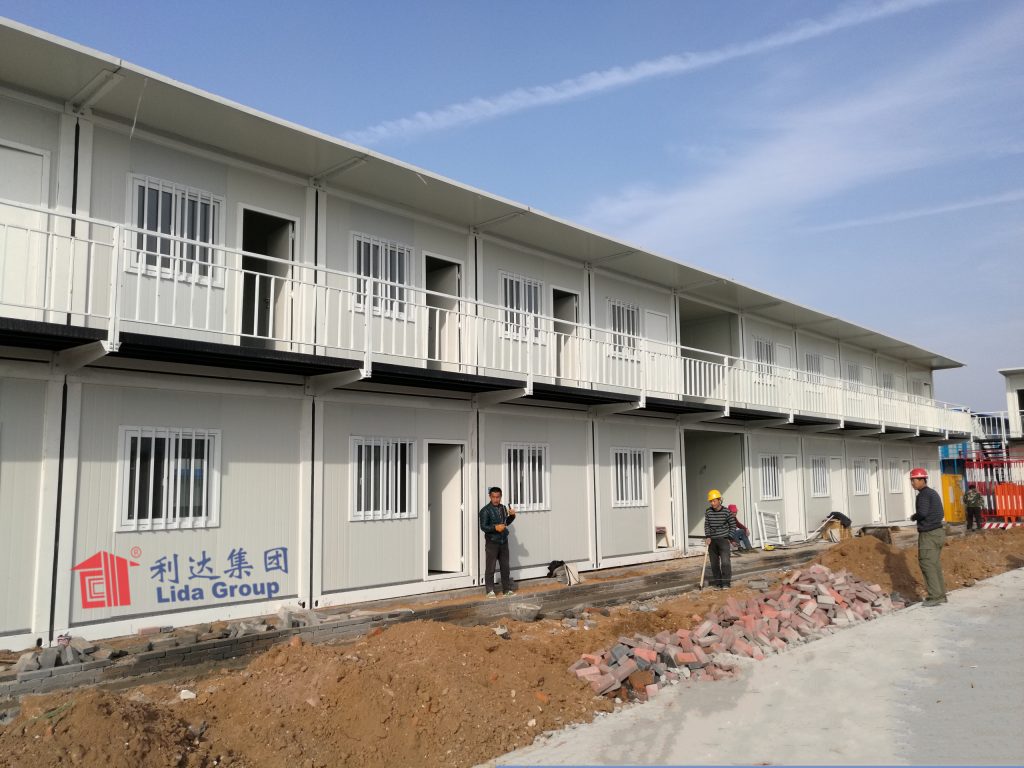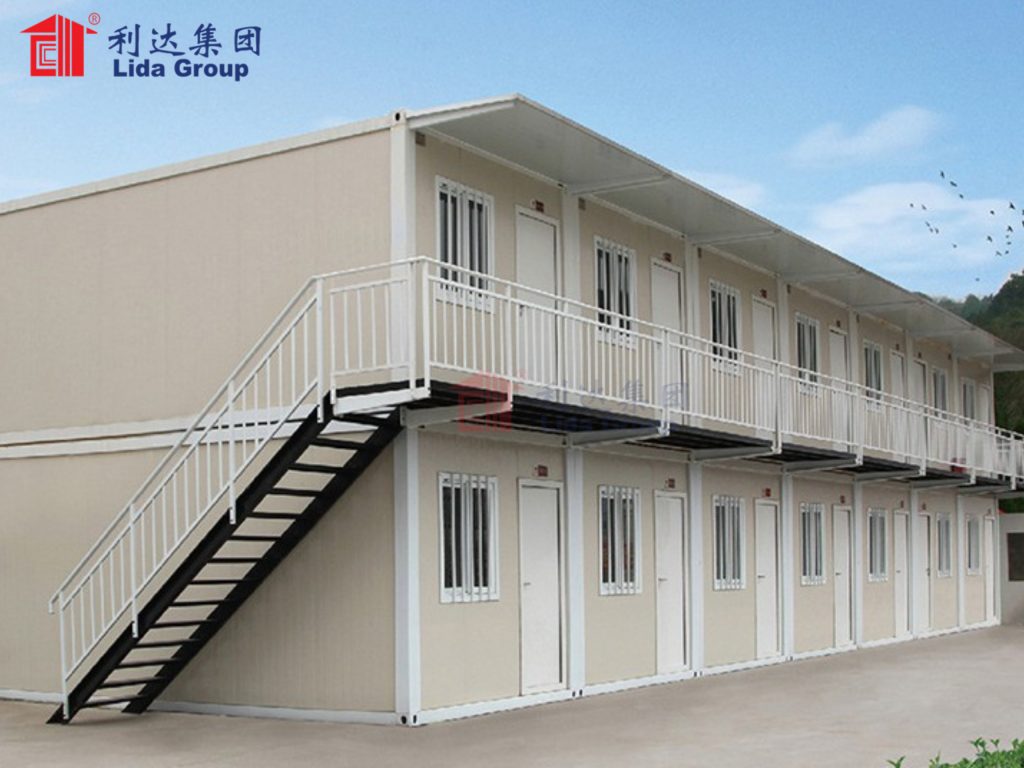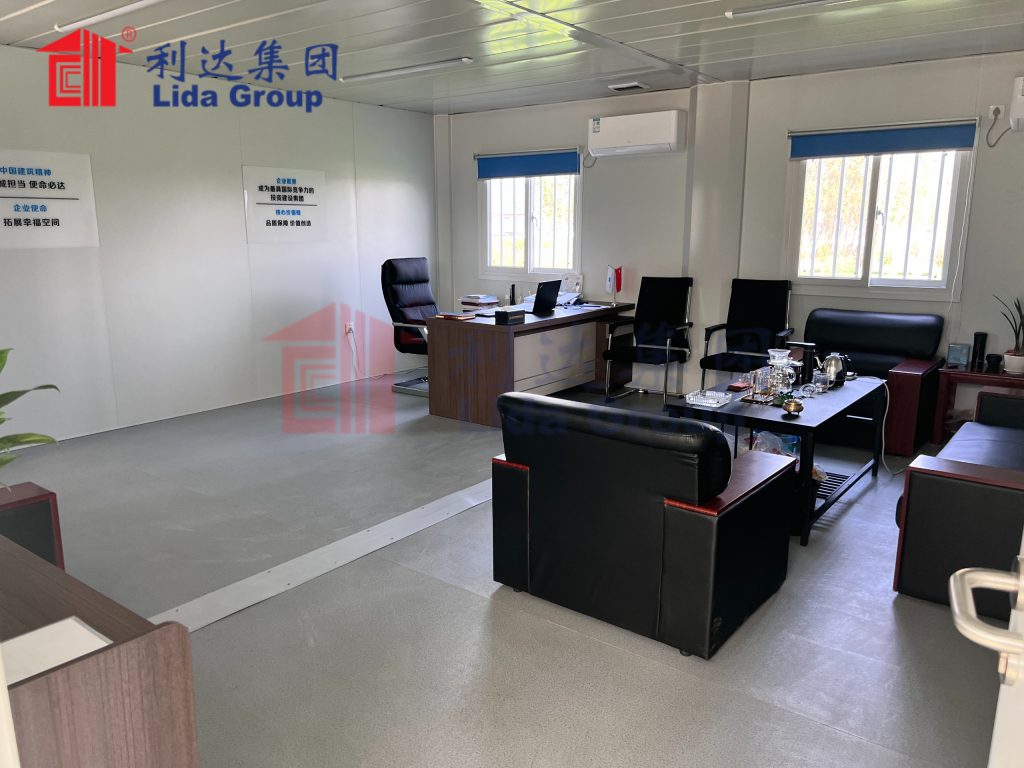A collaboration between Lida Group, known for innovative container-based construction, and university researchers is trialling standardized modular housing optimized for mobility and off-grid self-sufficiency. The pilot aims supporting vulnerable pastoralist communities in remote regions adapting to impacts of climate change.
Pastoralist lifestyles centering livestock have traditionally relied on following seasonal rains and plant growth across vast rangelands. But climate instability is disrupting weather patterns, threatening livelihoods through loss of pasture and water sources. Scarce infrastructure also leaves families isolated from services during crises.
The joint initiative addresses these challenges through standardized housing units constructed from refurbished shipping containers and fitted with integrated renewable energy and rainwater collection systems. Modular designs render the homes compactly transportable via truck between seasonal grazing areas as conditions fluctuate.

“We’re testing whether replicable mobile housing models can help buffer pastoralist vulnerability to climate unpredictability through autonomous power, water and shelter security during frequent on-the-move migrations,” outlined lead academic George.
Container modules feature roof-mounted solar panels wired internally to charge batteries and run basic appliances. Captured rainwater is purified through membranes fitted inside durable tanks. Prefabricated panel walls, roofs and floors keep unit assembly swift for remote deploys.
Fabric outer claddings lend insulation and weatherproofing. Shaded covered areas outside provide cooking and livestock spaces while preserving mobility. Interior space divisions plus built-in storage and seating optimize functionality within tight footprints.

Initial pilot sites involve clusters of families collaborating over multi-year monitoring. Feedback loops will validate designs for usability under constantly changing field conditions before scalability consideration. Ease-of-transport, durability, shelter security and power/water self-reliance are priorities.
Should trials prove successful, potential widespread rollout may enhance environmental adaptation and climate resilience for vulnerable pastoral groups globally. Units could traverse territories following good pasture or safely house families through localized droughts/floods.
Academics note traditional ad-hoc temporary shelters used presently lack amenities integral to dignified living standards. They require constant assembly/dismantling and cannot autonomously weather extreme conditions or service isolation periods between migrations.

Partners thus envision the container housing models empowering increased livelihood sustainability, inclusive access and gender equality through shelter security independent of climate unpredictability challenges. Families would face fewer risks during migrations and crises.
Lida Group CEO Ziwen Mu views the application fitting their mission to deliver innovative, dignified and sustainable modular solutions through localized community participation models. He believes the mobile standardized housing concept shows promise improving pastoralist lives globally if validated.
Academics plan refining designs based on user feedback from the pilot’s initial staged rollouts before potential scaling to benefit other climate-vulnerable pastoral groups. Continued cooperation between technical and grassroots partners aims establishing impactful community-driven solutions to climate adaptation challenges.

The project demonstrates growing recognition that holistic, people-centered approaches optimizing mobility, self-sufficiency and resilience hold potential empowering those most threatened by climate instability to steward own adaptation independently. Outcomes will provide lessons into housing innovations supporting vulnerable livelihoods worldwide.

Related news
-
Manufacturers mass-produce modular integrated components optimized for Lida Group's fast- assemble container building types being trialled for temporary housing in crisis and post-disaster contexts.
2024-06-28 14:14:33
-
Construction alliance event highlights speed, versatility and cost advantages of Lida Group's pre-engineered containerized construction mode to meet unique temporary settlement demands compared to traditional building approaches.
2024-06-21 13:28:47
-
International aid organization licenses Lida Group's modular assembly processes to deliver low-cost transitional shelters constructed from composite insulating panels to conflict-affected internally displaced populations.
2024-06-18 15:29:53
contact us
- Tel: +86-532-88966982
- Whatsapp: +86-13793209022
- E-mail: sales@lidajituan.com


